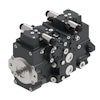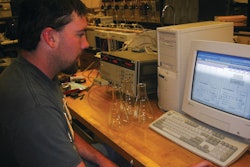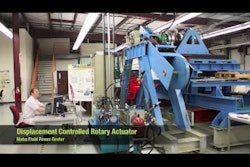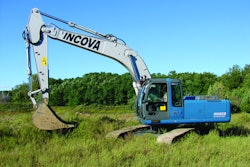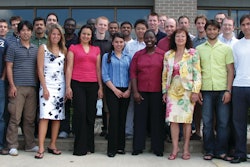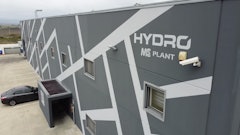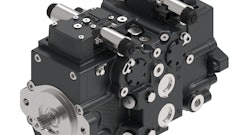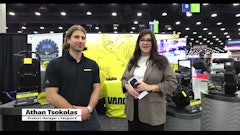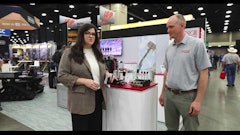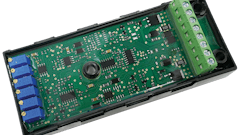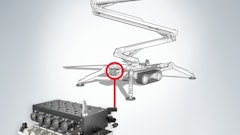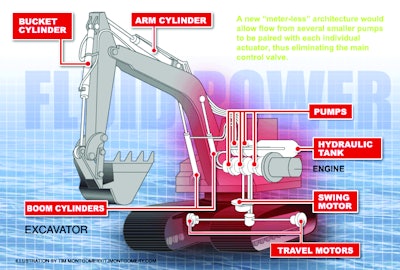
How is the NFPA and its members helping to develop a skilled workforce?
NFPA and the NFPA Education and Technology Foundation has been working for a number of years to bring fluid power awareness and content to students at multiple points along the educational pathway. We start with eighth graders with our Fluid Power Challenge Program—a skills competition that challenges student to design and build a mechanism that uses fluid power to perform a specific task. We have several videos on our website that show these mechanisms in action (http://www.nfpafoundation.org/FPChallenge/PastChallengeEvents.aspx).
For high school students, NFPA partners with Project Lead the Way to make sure fluid power content and lab exercises are included in their experiential engineering curriculum that is now reaching more than 500,000 students a year in every state in the country. For universities and technical schools, the NFPA Foundation has provided more than 20 education grants to help develop fluid power teaching materials and research projects to better engage students in learning about and exploring the horizons of fluid power. A full list of the Foundation's awards, as well as impact statements from the award recipients at the Foundation website (http://www.nfpafoundation.org/Grants/CurrentProjects.aspx).
The Foundation's newest funding program will be offering $100,000 grants to eligible institutions to help establish state-of-the-art fluid power laboratories on their campuses. We just announced our first such award, to Western Michigan University, and are looking forward to making additional awards in the future. Nothing brings fluid power more concretely into a student's educational experience like the lab space and materials necessary to augment the standard engineering curriculum. We expect these labs will not only be used to teach specific fluid power courses that would not otherwise be possible, but also to conduct research projects for local industry to help them continue to develop their competitive advantages in the marketplace.
What are some technology advancements being developed through university research programs?
Although the NFPA Foundation has begun to offer research grants to address core technology challenges for the industry (our latest example is an award to Iowa State University to explore a new sensor modality that might help make sensors ubiquitous throughout fluid power systems (To learn more about the research being done on hydraulic fluid contaminant sensor development, search 10637241 at www.oemoffhighway.com) the bulk of progress in university research has been a result of the unique academic/industry partnership that is the Center of Compact and Efficient Fluid Power (CCEFP). There have been many successes at the CCEFP, both at the fundamental level and, increasingly, in terms of applications. One highlight is clearly the displacement controlled excavator at CCEFP member Purdue University (http://www.ccefp.org/research/testbeds/high-efficiency-excavator). Through a unique system architecture, the researchers at Purdue have demonstrated a 50% energy savings over traditional architectures.
What are some emerging/in development hydraulic technologies for the mobile market that demonstrate the continued forward progress of hydraulic power?
A few years ago, NFPA worked with industry members to develop a technology roadmap to guide technology development for the industry and help focus NFPA's efforts to fund research. (Read more about the NFPA's progress with the Technology Roadmap by searching 10226630 at www.oemoffhighway.com). Areas of focus within the roadmap include greater efficiency in components and systems, as well as more extensive and sophisticated use of sensors and electronic controls. NFPA members have certainly moved forward in both of these areas. For example, members are working on more efficient valve designs and improved integration of electronic controls that seek to optimize system performance through the entire drivetrain. In other areas, sensor technology is being applied to hose assemblies to provide advance signals of approaching end of life. This will have both reliability and safety benefits for users.


